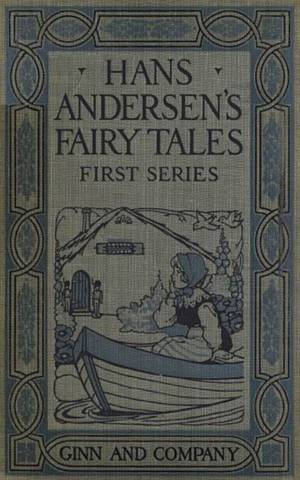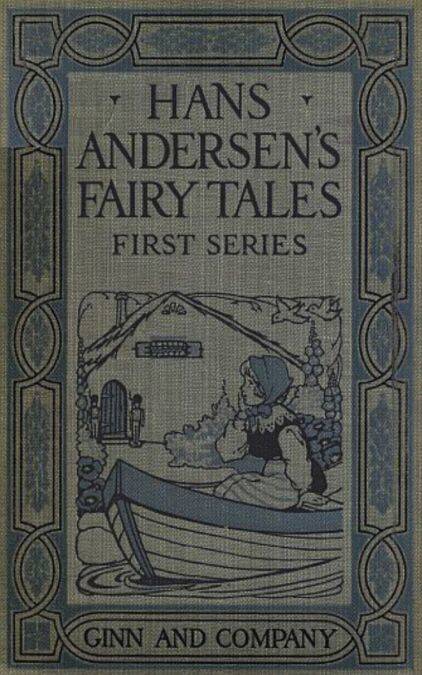
- Afhalen na 1 uur in een winkel met voorraad
- Gratis thuislevering in België vanaf € 30
- Ruim aanbod met 7 miljoen producten
- Afhalen na 1 uur in een winkel met voorraad
- Gratis thuislevering in België vanaf € 30
- Ruim aanbod met 7 miljoen producten
Zoeken
Omschrijving
The Hans Andersen Fairy Tales will be read in schools and homes as long as there are children who love to read. As a story-teller for children the author has no rival in power to enlist the imagination and carry it along natural, healthful lines. The power of his tales to charm and elevate runs like a living thread through whatever he writes. In the two books in which they are here presented they have met the tests and held an undiminishing popularity among the best children's books. They are recognized as standards, and as juvenile writings come to be more carefully standardized, their place in permanent literature will grow wider and more secure. A few children's authors will be ranked among the Immortals, and Hans Andersen is one of them.
Denmark and Finland supplied the natural background for the quaint fancies and growing genius of their gifted son, who was story-teller, playwright, and poet in one. Love of nature, love of country, fellow-feeling with life in everything, and a wonderful gift for investing everything with life wrought together to produce in him a character whose spell is in all his writings. "The Story of My Life" is perhaps the most thrilling of all of them. Recognized in courts of kings and castles of nobles, he recited his little stories with the same simplicity by which he had made them familiar in cottages of the peasantry, and endeared himself alike to all who listened. These attributes, while they do not account for his genius, help us to unravel the charm of it. The simplest of the stories meet Ruskin's requirement for a child's story—they are sweet and sad.
Denmark and Finland supplied the natural background for the quaint fancies and growing genius of their gifted son, who was story-teller, playwright, and poet in one. Love of nature, love of country, fellow-feeling with life in everything, and a wonderful gift for investing everything with life wrought together to produce in him a character whose spell is in all his writings. "The Story of My Life" is perhaps the most thrilling of all of them. Recognized in courts of kings and castles of nobles, he recited his little stories with the same simplicity by which he had made them familiar in cottages of the peasantry, and endeared himself alike to all who listened. These attributes, while they do not account for his genius, help us to unravel the charm of it. The simplest of the stories meet Ruskin's requirement for a child's story—they are sweet and sad.
Specificaties
Betrokkenen
- Auteur(s):
- Uitgeverij:
Inhoud
- Aantal bladzijden:
- 500
- Taal:
- Engels
- Reeks:
Eigenschappen
- Productcode (EAN):
- 9783736411609
- Verschijningsdatum:
- 30/08/2016
- Uitvoering:
- E-book
- Beveiligd met:
- Digital watermarking
- Formaat:
- ePub

Alleen bij Standaard Boekhandel
Beoordelingen
We publiceren alleen reviews die voldoen aan de voorwaarden voor reviews. Bekijk onze voorwaarden voor reviews.







